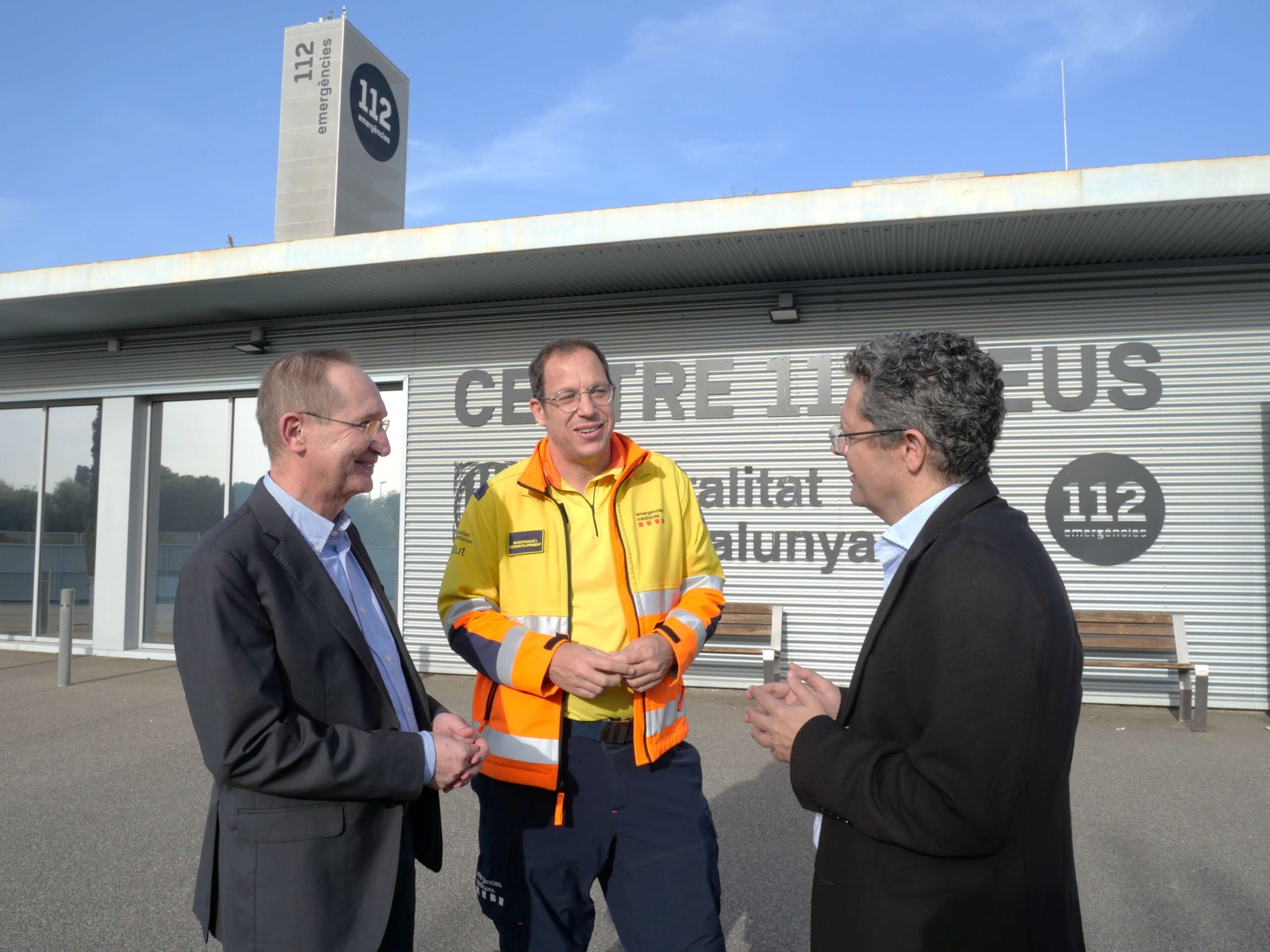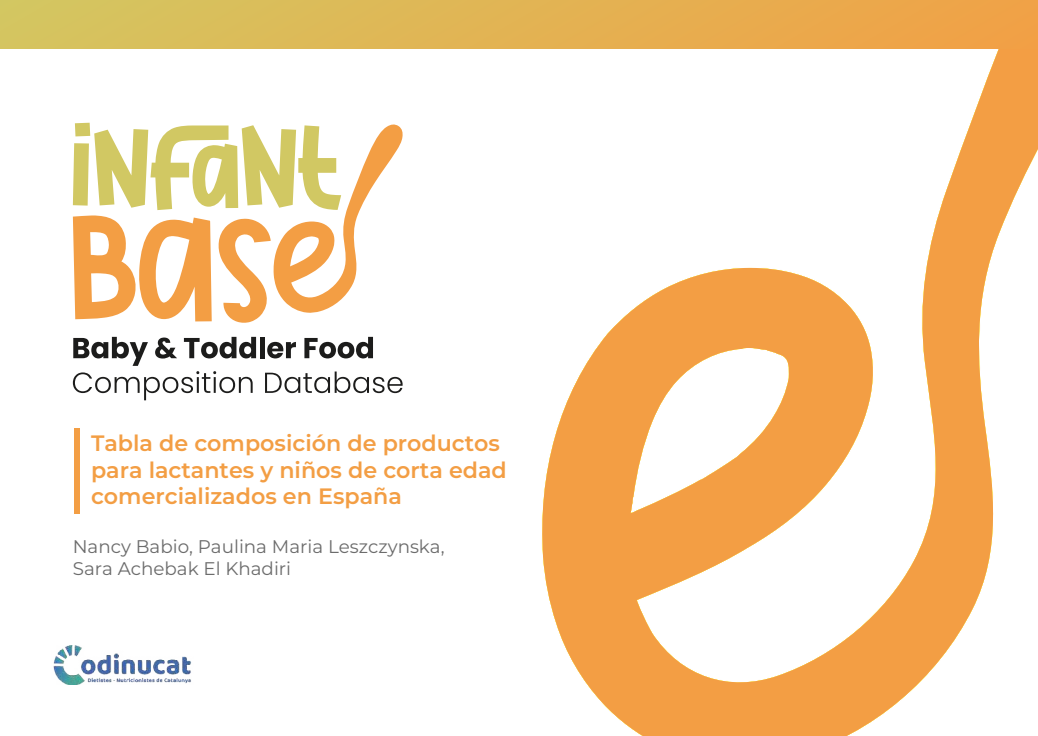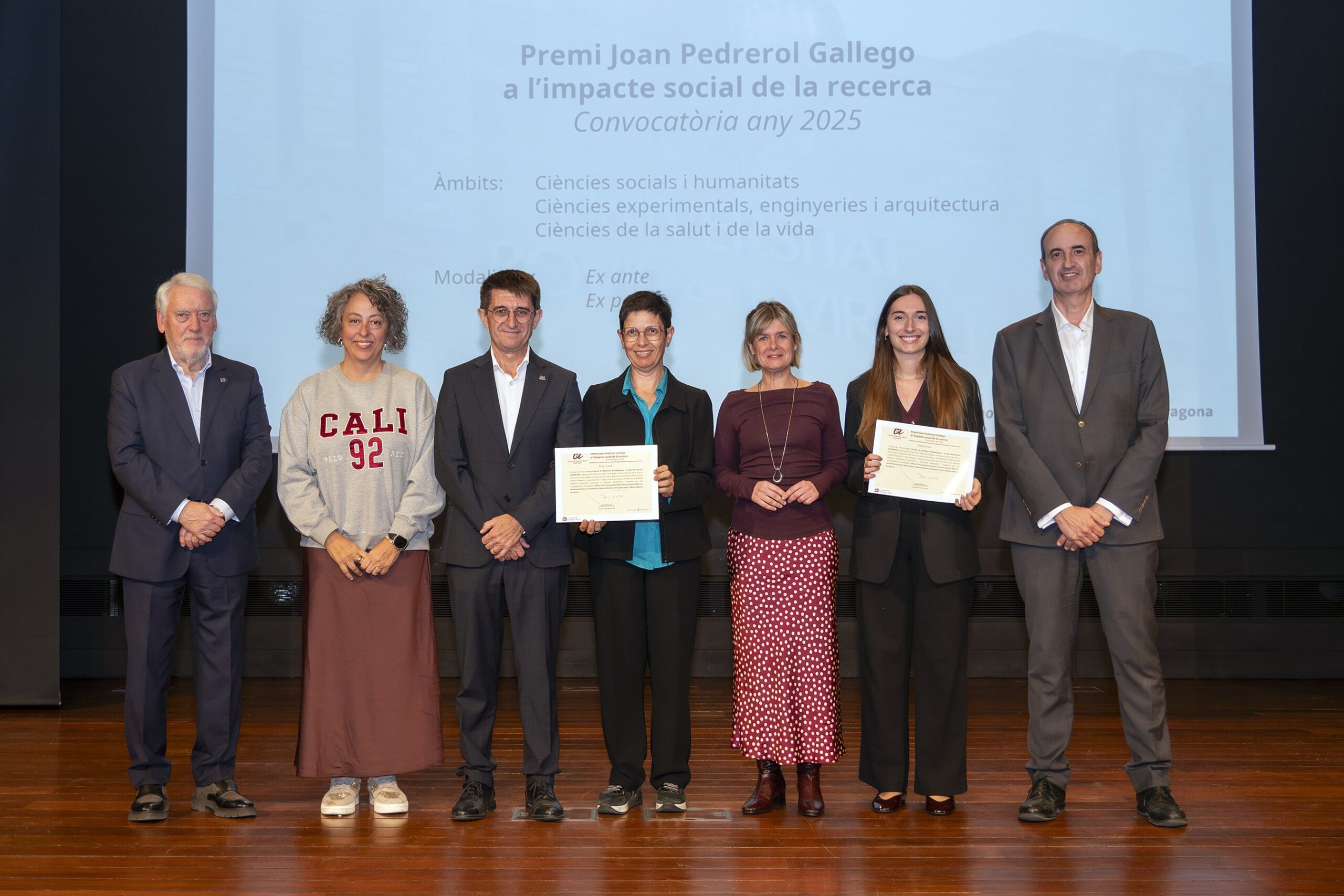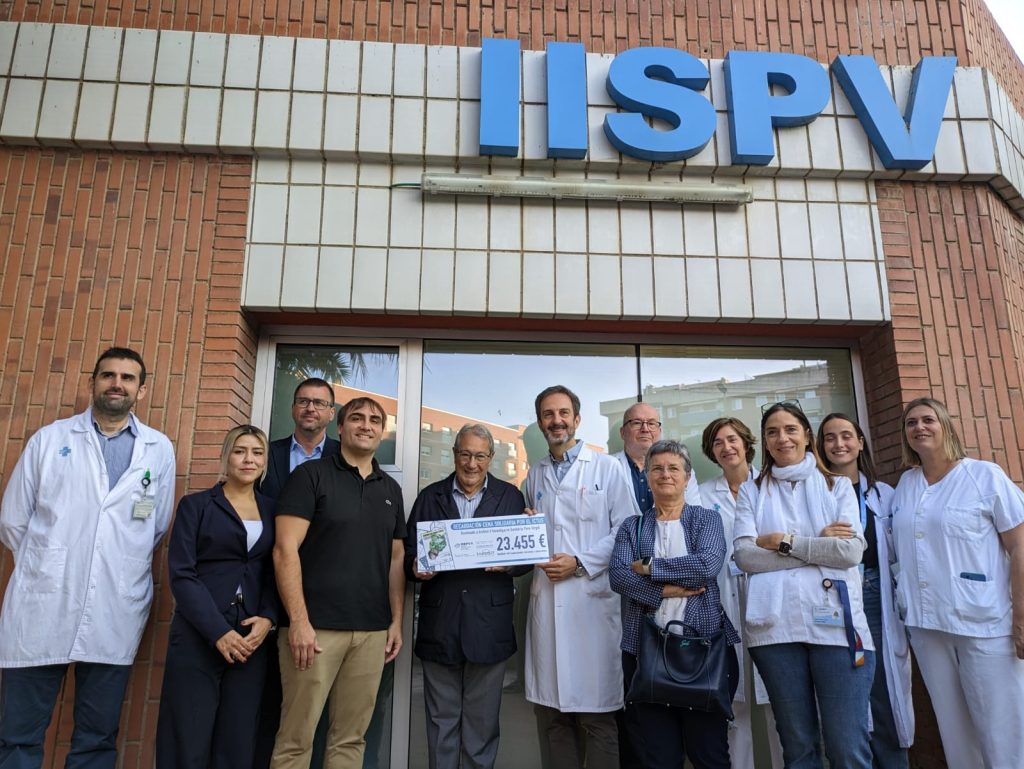
Thursday 24 October 2024. Tarragona The ‘Charity Dinner’ that the Hotel Olympus Palace 4* in Salou held on 3 October in favour of stroke research managed to raise 23,455 euros, which will go towards the projects and studies that the Clinical Neuroscience Research Group is carrying out in this field. This group is made up of researchers from the Institut d’Investigació Sanitària Pere Virgili (IISPV) and the Stroke Unit within the Neurology Service of the Joan XXIII University Hospital of Tarragona. Every year, around 400 people are admitted to this hospital for suffering a stroke. Of these, between 100 and 200 are serious cases and end up receiving treatments such as fibronolysis or thrombectomy. The latter treatment is highly complex and consists of removing the thrombus (the clot that forms in a blood vessel when it is clogged and which causes the stroke) using a catheter.
The Joan XXIII University Hospital of Tarragona is the point of reference for the care of this type of patient in the Camp de Tarragona and Terres de l’Ebre regions. The Clinical Neuroscience Research Group (led by Dr. Xavier Ustrell, head of the Neurology Service) is currently working on two studies aimed at helping to prevent stroke and making medical care more effective and personalised.
The 23,455 euros raised thanks to the charity dinner for stroke organised by the Hotel Olympus Palace 4* in Salou will help to give a boost to this research. Gil Cristià, on behalf of the hotel’s owners, expressed his satisfaction with the support received: ‘We are very happy with the amount raised; we are very proud to be part of promoting stroke research. We would also like to thank all the people and entities involved who have supported us in this cause. In short, 23,455 thanks’.
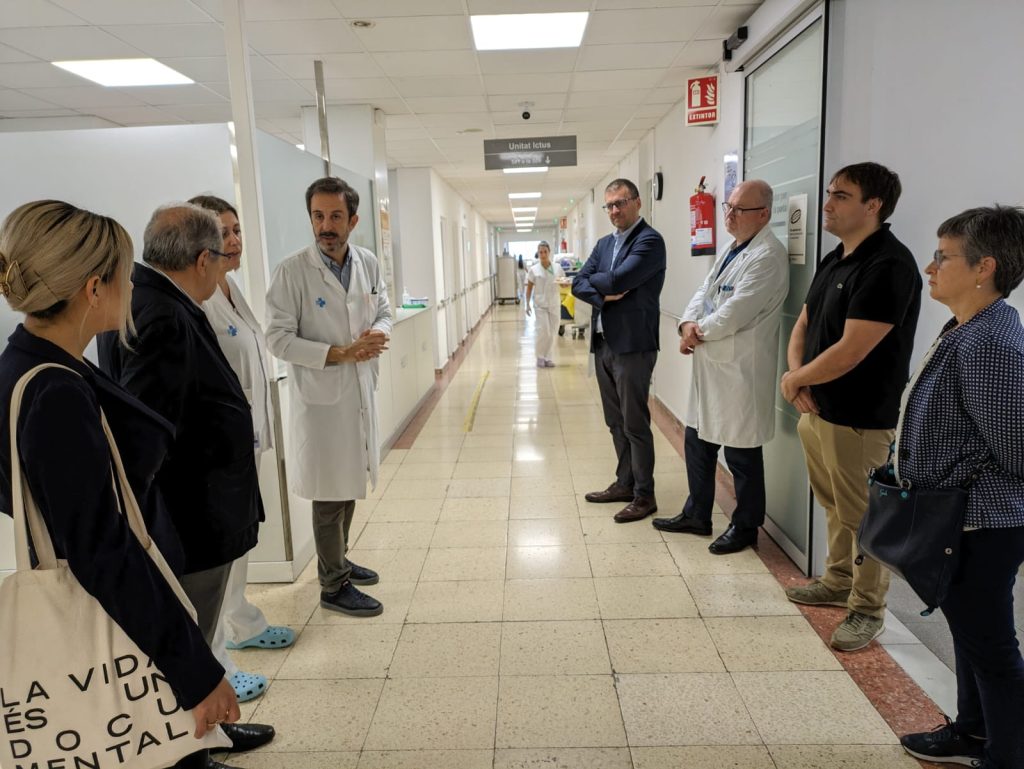
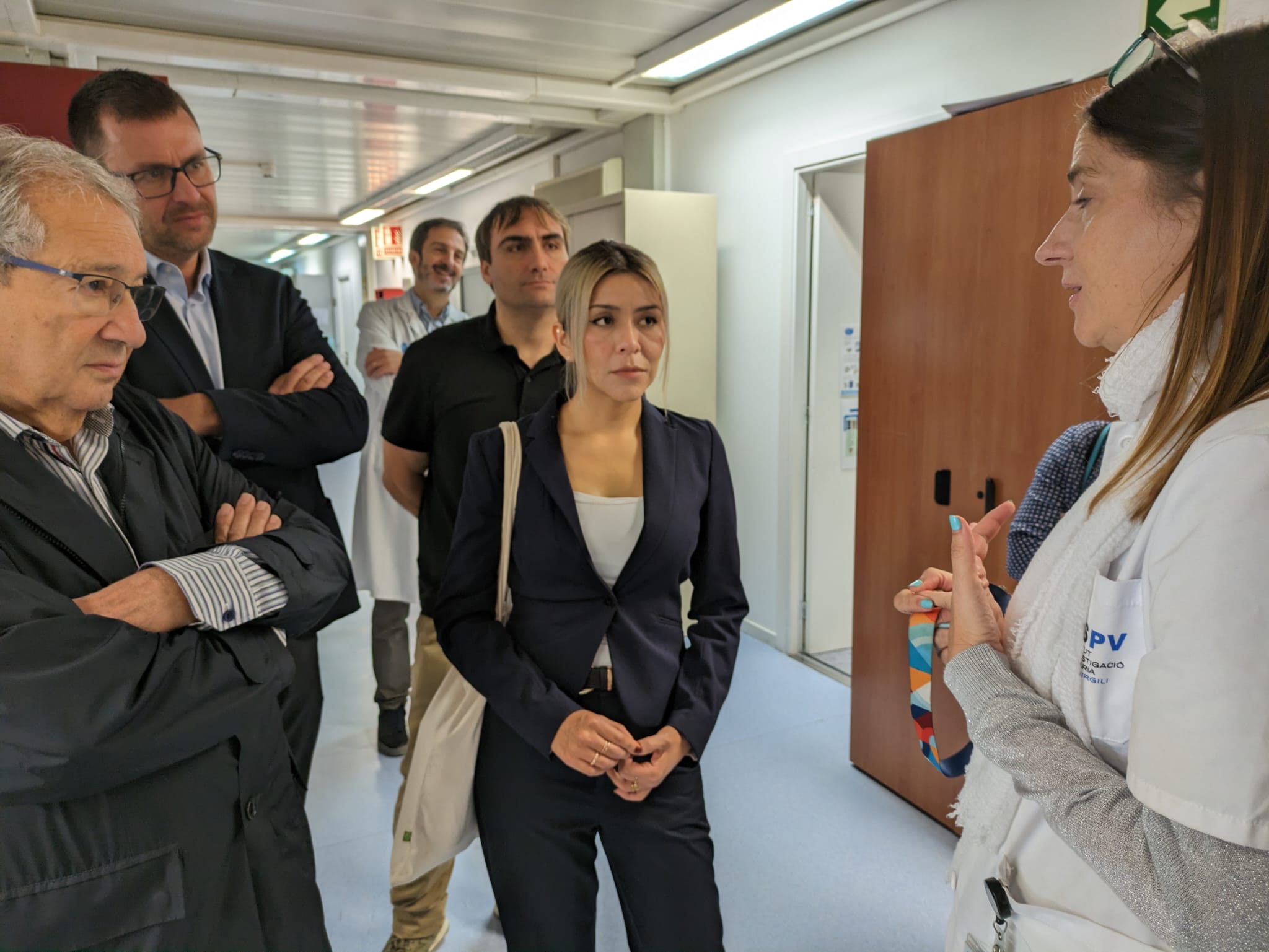
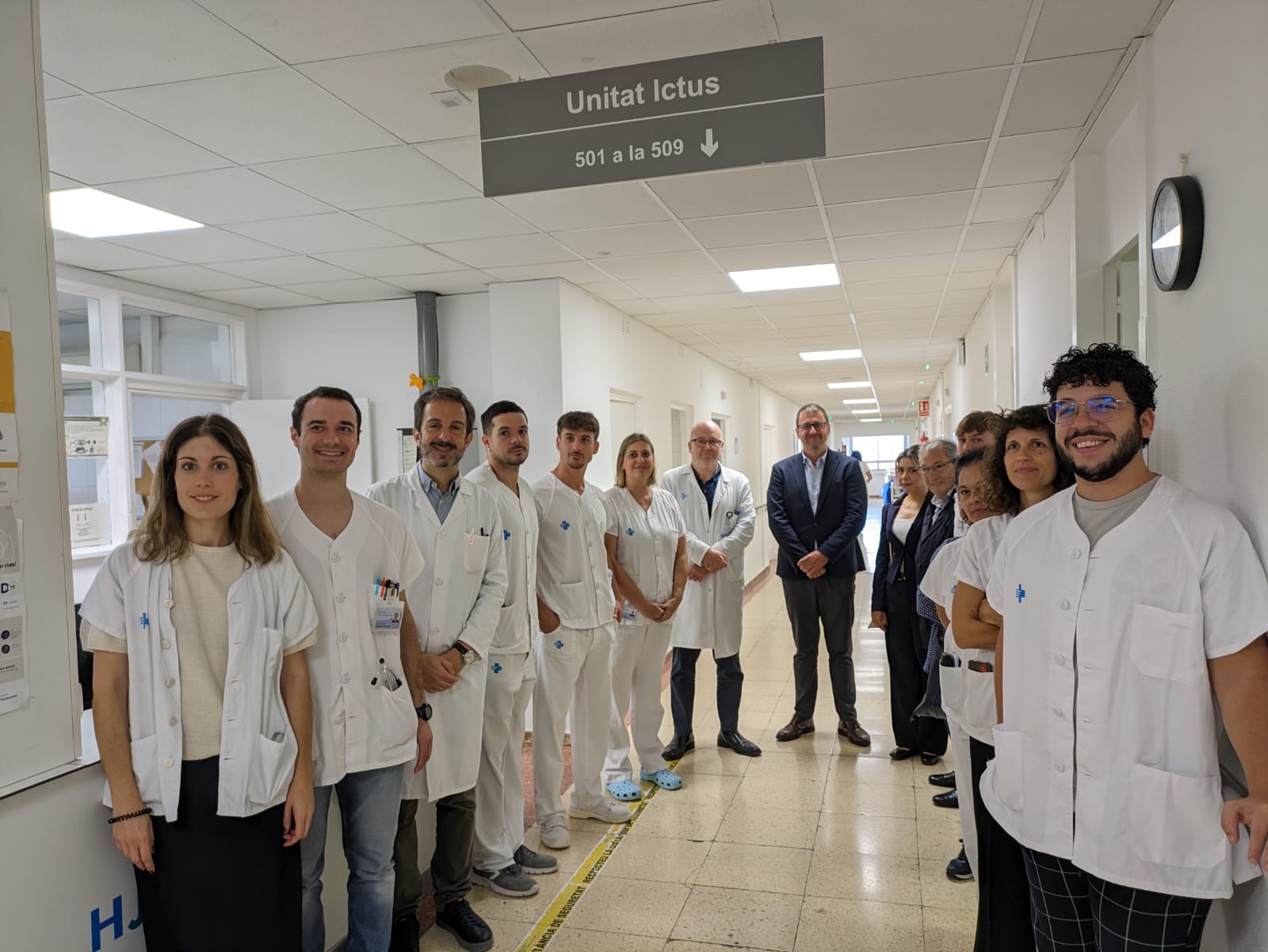
Studies to improve stroke treatment
Dr. Alan Flores and Dr. Reyes Aguinaco, neurologist at the Stroke Unit and haematologist, respectively, are the researchers leading the study. It investigates the characteristics of the thrombus removed by thrombectomy from critically ill patients treated at the hospital. The aim is to collect data that will allow them to understand why some of them recover favourably from the intervention and why others do not, in order to make their treatment more effective.
The other study is led by researcher Ylènia Avivar in conjunction with the Lipid and Arteriosclerosis Research Unit (URLA) and the Vascular Medicine and Metabolism Unit (UVASMET) of the Sant Joan de Reus University Hospital and the Universitat Rovira i Virgili. It consists of identifying other lipid biomarkers (fats) beyond cholesterol that favour the onset of stroke. Previous studies have shown that an excess of this type of fat in our body (found in patients with arteriosclerosis) helps to trigger stroke; the Clinical Neurosciences research team is now studying whether there are other lipids that also play a key role in this medical condition, which would help to prevent future relapses.
The fact that all these professionals work together means that stroke research can be carried out from a global perspective: they combine their experience in the field of patient care, biomedical research in this field and university teaching.
